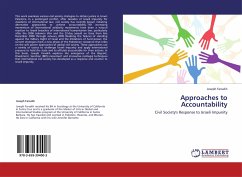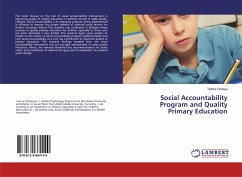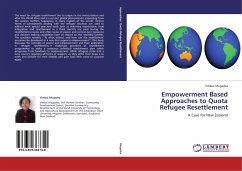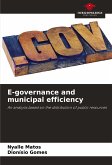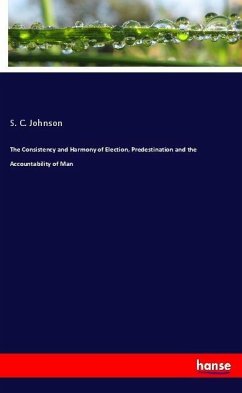This work examines various civil society strategies to obtain justice in Israel-Palestine. In a prolonged conflict, after decades of Israeli impunity for violations of international law, civil society has recently begun initiating alternative approaches to achieve accountability. The increasing momentum of international solidarity movements have been a natural reaction to Israeli breaches of international humanitarian law, particularly after the 2006 Lebanon War and the 22-day assault on Gaza from late December 2008 through January 2009. Realizing the failures of standing against the military might of Israel and the limitations of hard power, the current strategies mark a new phase of the Palestinian resistance that relies on the soft power approaches of global civil society. These approaches use a variety of tactics to challenge Israeli impunity and apply international pressure to hold the state and its officials accountable for their actions. In this book, Joseph Farsakh explores the emergence of the Boycott, Divestment, Sanction (BDS) movement and innovative civil-legal techniques that international civil society has developed as a response and counter to Israeli impunity.
